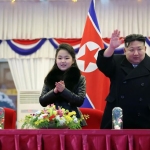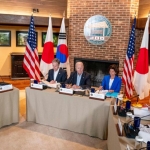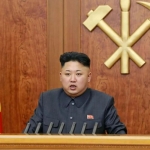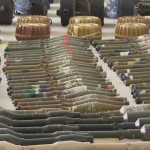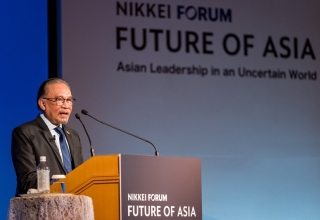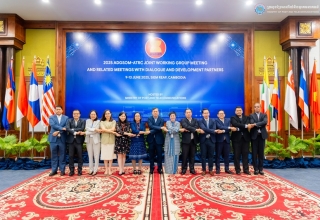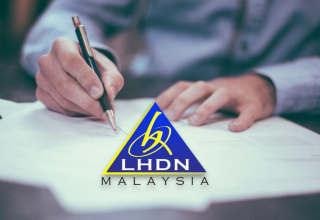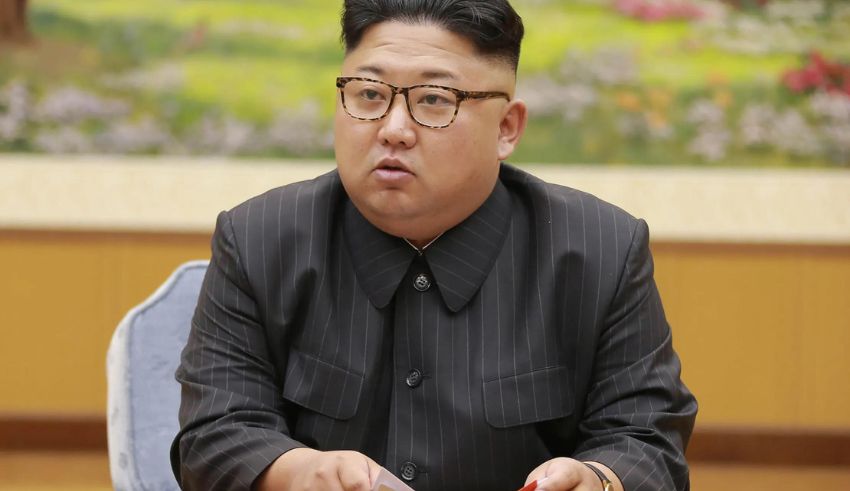
Kim Jong Un, the supreme leader of North Korea, is facing a series of domestic troubles and challenges that threaten his grip on power and his legitimacy. Some of these troubles and challenges include:
- The economic crisis and the food shortage, caused by the international sanctions, the Covid-19 pandemic, the natural disasters, and the mismanagement of the regime. According to a 2023 report by the UN, North Korea’s economy contracted by 8.5% in 2020, and more than 40% of its population was undernourished.
- The political instability and the factionalism, caused by the purges, the defections, the assassinations, and the discontent of the elites and the masses. According to a 2023 report by the US, North Korea’s political system was “highly unstable” and “prone to collapse” due to the lack of transparency, accountability, and legitimacy.
- The nuclear dilemma and the diplomatic isolation, caused by the stalemate of the denuclearization talks, the pressure of the US and its allies, the rivalry of China and Russia, and the defiance of the international community. According to a 2023 report by the IAEA, North Korea continued to develop its nuclear and missile programs, despite the UN resolutions and the sanctions.
To cope with these troubles and challenges, Kim Jong Un has adopted a series of survival tactics and strategies, such as:
- The propaganda and the indoctrination, to boost his cult of personality, to justify his policies and actions, and to mobilize and control his people. Kim Jong Un has intensified his public appearances, his speeches, and his media coverage, and has emphasized his achievements, his vision, and his legacy.
- The repression and the coercion, to eliminate his rivals, to silence his critics, and to deter his enemies. Kim Jong Un has increased his security and intelligence apparatus, his executions and imprisonments, and his cyber and conventional attacks.
- The brinkmanship and the bargaining, to gain leverage, to extract concessions, and to seek recognition. Kim Jong Un has resumed his nuclear and missile tests, his threats and provocations, and his offers and demands.
The target and the reaction of South Korea
One of the main targets and victims of Kim Jong Un’s survival tactics and strategies is South Korea, the neighboring and democratic country that shares the same ethnicity, history, and culture with North Korea. Kim Jong Un has designated South Korea as his new enemy no. 1, and has taken a series of hostile and aggressive measures against it, such as:
- The constitutional revision and the policy change, to declare South Korea as a “state most hostile” and an “invariable principal enemy” of North Korea, and to abandon the peaceful reunification goal and the inter-Korean dialogue and cooperation. Kim Jong Un has ordered the amendment of the North Korean constitution, the dissolution of the inter-Korean agencies, and the demolition of the reunification monument.
- The military buildup and the border provocation, to increase the pressure and the tension on South Korea, and to test its defense and deterrence capabilities. Kim Jong Un has deployed more troops and weapons along the demilitarized zone, and has launched several artillery and drone attacks on South Korean islands and vessels.
- The diplomatic offensive and the propaganda war, to isolate and undermine South Korea, and to influence and manipulate its public opinion and politics. Kim Jong Un has denounced and rejected South Korea’s offers and initiatives, and has spread false and negative information and rumors about South Korea’s government and society.
The reaction and the response of South Korea to Kim Jong Un’s target and attack have been mixed and varied, depending on the situation and the interest of South Korea. Some of these reactions and responses include:
- The condemnation and the retaliation, to express the outrage and the indignation of South Korea, and to defend and protect its sovereignty and security. South Korea has issued strong statements and warnings, and has conducted joint military exercises and operations with the US and its allies.
- The dialogue and the engagement, to express the hope and the willingness of South Korea, and to pursue and promote the peace and the stability in the Korean peninsula. South Korea has proposed and participated in various talks and meetings, and has offered and provided humanitarian and economic assistance to North Korea.
- The balance and the cooperation, to express the pragmatism and the flexibility of South Korea, and to maintain and enhance its relations and partnerships with the US, China, and other countries and actors in the region and the world. South Korea has followed and supported the US-led sanctions and pressure, and has also sought and welcomed China’s mediation and influence.
Keep Reading
The implications and the prospects of the issue
The issue of Kim Jong Un’s new enemy no. 1 is a complex and critical issue that has implications and prospects for the future of the Korean peninsula and the world. On one hand, the issue could escalate and deteriorate the inter-Korean relations and the regional security, and increase the risk of war and conflict. On the other hand, the issue could also create and facilitate inter-Korean dialogue and regional cooperation, and open the opportunity for peace and reconciliation.
The issue of Kim Jong Un’s new enemy no. 1 also depends on the actions and the responses of the US, China, and the international community, as well as the domestic and the external factors and developments that affect the situation and the dynamics in the Korean peninsula and the world.
They could either support or oppose Kim Jong Un’s survival tactics and strategies, and either encourage or discourage South Korea’s reaction and response. They could also propose or oppose additional measures or initiatives to address and resolve the issue and to maintain and promote the peace and the stability in the Korean peninsula and the world.
The issue of Kim Jong Un’s new enemy no. 1 is a challenge and an opportunity for Kim Jong Un, South Korea, and the world, who are trying to cope and thrive in a changing and challenging world. The issue of Kim Jong Un’s new enemy no. 1 is not only a matter of survival, but also a matter of development, democracy, and human rights.

